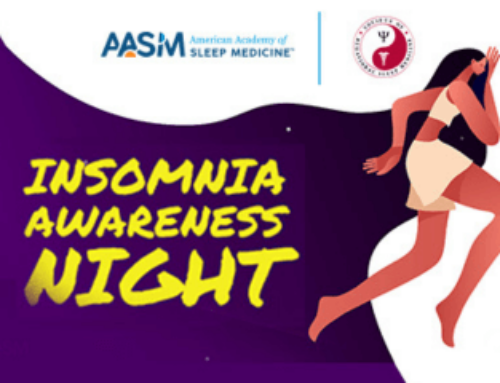FOR IMMEDIATE RELEASE
CONTACT: Katie Blyth, 800-837-7123 or 312-565-3900, kblyth@lcwa.com
DARIEN, IL – As high school and college football teams continue practicing for he fall season, the American Academy of Sleep Medicine (AASM) is advising parents, coaches and school administrators that young football players are at increasingly higher risk of sleep apnea. Those with the greatest risk, especially offensive and defensive lineman who are heavier and have larger necks, should be evaluated by a board-certified sleep medicine physician.
Adolescent male athletes – despite eating well and being physically fit – may often be classified as overweight or obese based on height and weight. A recent study of high school football players found that one in five linemen were morbidly obese, and only 8 percent of linemen were at a healthy weight. Being overweight or obese is a significant risk factor for obstructive sleep apnea (OSA) – a life-threatening condition characterized by episodes of complete or partial airway obstruction during sleep. Loud and frequent snoring is a common warning sign for OSA.
Aaron Taylor, former offensive guard for the Green Bay Packers and current college football analyst, is helping the AASM promote awareness about sleep apnea. Taylor is successfully treating his sleep apnea, and the result has been a significant improvement in his health and quality of life. His goal is to influence younger athletes to seek early testing and treatment, so that they can both perform better and live longer.
“Even at a young age, ignoring the symptoms of sleep apnea leads to dangerous consequences – as I’ve seen firsthand for fellow players and friends who have struggled with this condition,” said Taylor. “I want current and future athletes to understand the serious risks of this disease and know this isn’t something you have to live with. I’ve experienced how sleep apnea treatment can dramatically change your life.”
Taylor’s former teammate and friend, Reggie White, died in 2004 at the age of 43 from a cardiac condition. Sleep apnea was a contributing factor to the deterioration of White’s health and, ultimately, his death.
“It’s critical to diagnose and treat sleep apnea in young athletes as early as possible,” said M. Safwan Badr, MD, president of the AASM. “Sleep apnea is a significant, independent risk factor for high blood pressure and heart disease, and blood pressure elevation during young adulthood increases the risk of cardiovascular mortality later in life.”
The primary treatment option for sleep apnea is continuous positive airway pressure therapy. CPAP provides a steady stream of air through a mask to keep your airway open. Another treatment option, especially for mild or moderate sleep apnea, is oral appliance therapy, which uses a custom-fit device that is similar to a mouth guard. Taylor uses both treatments – CPAP at home, and an oral appliance on the road – as part of his gameplan to defeat sleep apnea.
Treating sleep apnea has been shown to decrease blood pressure, improve cognitive function and concentration, and reduce irritability and depression.
“High school and college athletes sacrifice a lot to improve their game,” said Taylor. “But they often overlook the fact that quality sleep is in fact a critical piece of their success equation. In fact, receiving ongoing treatment for sleep apnea – which leads to better sleep – will improve their alertness during the day, as well as their cardiovascular health and overall fitness level. All of these benefits are likely to help athletes perform better on the field.”
Research has shown that NFL players have a higher prevalence of hypertension than other healthy young adult men, and studies have found increased rates of sleep apnea among active and retired NFL players, especially linemen.
Learn more about the risk factors for sleep apnea and determine your Snore Score at www.sleepeducation.com, where you also can find a directory of AASM-accredited sleep centers.
About The American Academy of Sleep Medicine
Established in 1975, the American Academy of Sleep Medicine (AASM) is the leader in setting standards and promoting excellence in sleep medicine. With nearly 10,000 members, the AASM is the largest professional membership society for physicians, scientists and other health care providers dedicated to sleep medicine. For more information, visit www.aasm.org.




